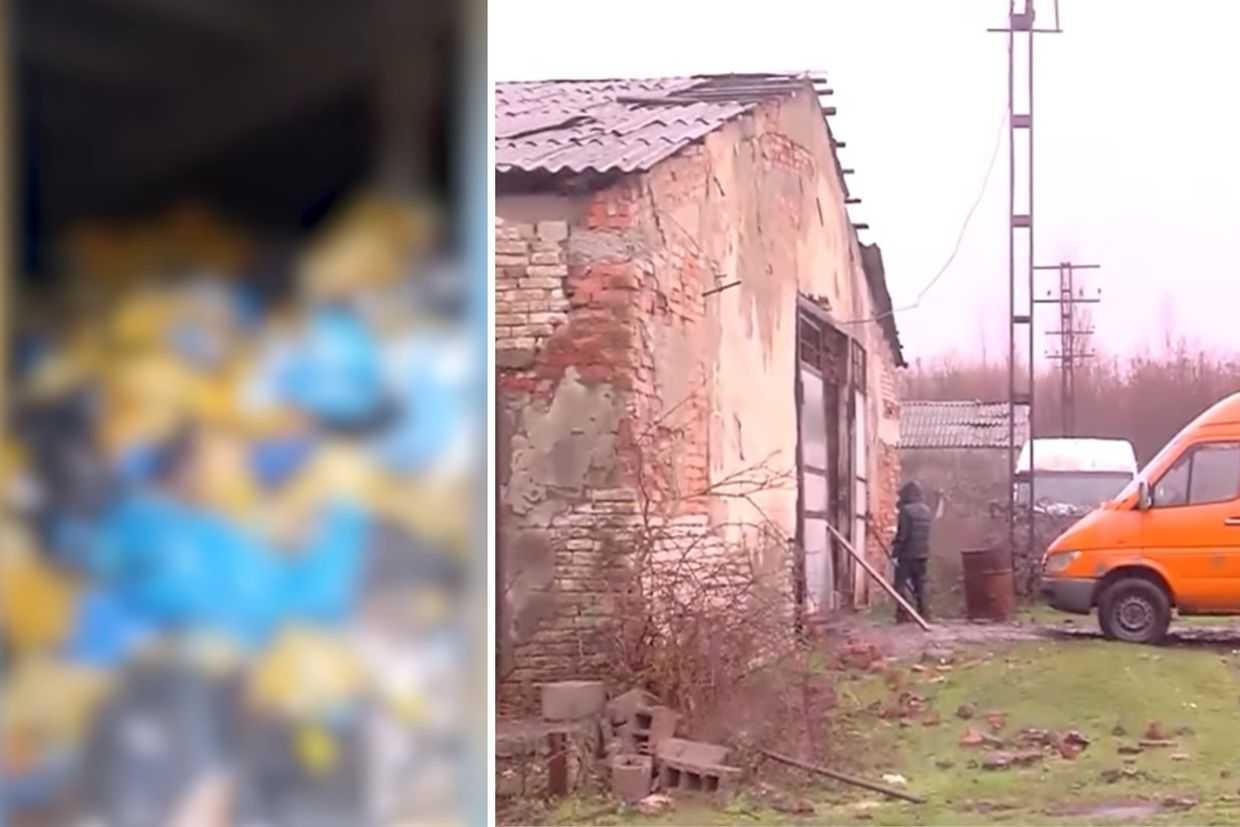
Ukraine has recalled their ambassador to Georgia, Igor Dolgov, over what President Volodymyr Zelensky called the Georgian government’s ‘immoral position’ regarding the Russian invasion, as well as Georgia’s decision to block a charter flight scheduled to bring Georgian volunteer fighters to Ukraine.
In a video address, President Zelensky also recalled the ambassador to Kyrgyzstan over the country ‘justifying aggression against Ukraine’.
According to Georgian volunteers, on Monday evening, a flight chartered by the Ukrainian Government to transport them to Ukraine was blocked from landing in Tbilisi.
Ukrainian Prime Minister Denys Shmyhal tried to pressure the Georgian government to allow the flight to land.
Shmyhal published messages in Ukrainian, English, Russian, and Georgian on Twitter, expressing hope that his Georgian counterpart, PM Irakli Gharibashvili, would ‘show courage and give permission to fly’.
Brave Georgian brothers are waiting at the airport to fly to 🇺🇦. I hope @GharibashviliGe will show his courage and give permission to fly. #Ukraine is waiting! #Europe is waiting!#StopRussia
— Denys Shmyhal (@Denys_Shmyhal) February 28, 2022
Freedom-loving Georgian people, help your Prime Minister make the right decision!’, Shmyhal wrote in a follow-up tweet.
Shmyhal’s appeal confirmed a claim, which the Georgian Government has not denied, made an hour earlier by Davit Katsarava, leader of the Georgian Anti-Occupation movement, and others hoping to depart for Ukraine.
On his Facebook page on Thursday evening, Katsarava condemned the Georgian government as ‘Russia’s ally’ for canceling the charter flight for him and other volunteers that would take them to Poland, from where they planned to travel to Ukraine.
Katsarava indicated that the flight was organised by the Ukrainian government.
Georgian volunteers started to organise to go to Ukraine in larger numbers after Ukrainian President Volodymyr Zelensky announced the creation of the International Legion for the Territorial Defence of Ukraine on Sunday.
Zelensky urged foreign fighters to go to Ukraine to fight against the Russian invasion.
According to several reports, the group of around 60 volunteers eventually departed from Tbilisi on a bus while there were more waiting to have their transportation issue clarified.
Last week, another group of the Georgian volunteers announced that they were going there to help Ukrainians with logistics, not to engage in military action.
The Ukrainian Prime Minister’s appeal on 28 February poured fuel on a protest taking place outside the Georgian Parliament in solidarity with Ukraine and against the Government’s response to the invasion.
Another protest is planned for this evening in Tbilisi.
On Tuesday, the Chair of the ruling Georgian Dream party, Irakli Kobakhidze, said that the government allowing Georgian volunteers to go to Ukraine would be tantamount to taking part in the war.
Several countries, including from NATO, have explicitly allowed their citizens to travel to Ukraine to fight the Russian invasion. On Sunday, British Foreing Secretary Liz Truss said she would ‘absolutely’ support Britons doing so.
The ruling party has disputed vigorously the claim that they are not doing enough, including during Tuesday’s session of Parliament.
At the initiative of the ruling party, the Georgian Parliament opened their plenary session on Monday with the national anthem of Ukraine, and a Ukrainian flag draped over the tribune.
On Monday, Georgian Foreign Minister Davit Zalkaliani passionately defended his government’s actions, citing Joseph Borrell, the EU High Representative for Foreign Affairs and Security Policy, being ‘worried’ about the repercussions of Russia’s invasion of Ukraine for the wider region.
‘We are afraid that Russia will not stop in Ukraine. The Russian influence can start working in the neighbour countries, Moldova and Georgia, and will also have an impact in the Western Balkans’, Borrell said during a 27 February press conference.









